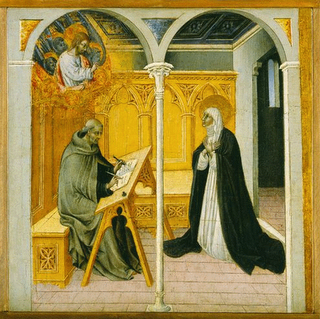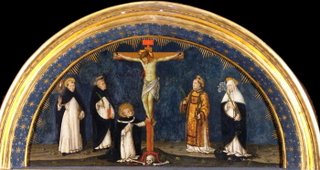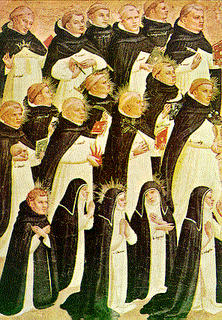Scottish Opera's Der Rosenkavalier is delightful - the orchestra do a magnificent job, which is particularly important for Strauss. They paint the landscape beautifully The production's delightful and the acting splendid. The one marginally lower point is that Octavian comes across as more like a pantomime principal boy than a really convincing breeches job, but in this opera that isn't particularly problematic. Anyway, it's a great four hours, go if you get the chance.
In other news, I'm afraid I was even more excited to realise (finally) that the Divine Comedy has a new album out - Victory for the Comic Muse, which one hopes is not intended as their/his final album. (I can probably be mapped fairly exactly in the ranks of Divine Comedy fandom by the fact that I know their first album was the now-hard-to-find Fanfare for the Comic Muse, but I've never got round to obtaining a copy.) Herewith, then, a self-indulgently detailed review. Well, I hope Zadok will be vaguely interested to read about it, if no one else.
Victory follows Absent Friends in Neil Hannon's return to form after the post-Secret History glitch of Regeneration (I know it was nigh on six years ago, but it still smarts). This is fairly standard Divine Comedy stuff, with jolly, knowing orchestration, sometimes veering in a slightly more countrified direction than before, sometimes with strong hints of the Penguin Café Orchestra. The first song, 'To Die A Virgin', reads like The Smiths, but sounds, well, like the Divine Comedy - though I'm not entirely convinced by this return to teenage kicks after the domestic notes of the previous album (and in the knowledge that Mr Hannon is a married man and a proud papa). 'Mother Dear' is either very sweet or very sinister, and I'm not sure it quite pulls off either. 'Diva Lady' is a typical Hannon satirical portrait - good sharp fun, though not quite up to his best; taking a pop at celebrity culture isn't that hard, really, is it?
'A Lady of a Certain Age', in contrast, is an absolute classic and by far the best song of the album - a lovely delicate drawing of a washed-up Englishwoman, left high and dry by family and society after a youth 'At Noel's parties by Lake Genoa/ Scaling the dizzy heights of high society/ Armed only with a cheque book and a family tree.' It's as poignantly affectionate towards its subject as it is scathing of those who let her down - 'Your husband's hollow heart gave out one Christmas Day/ He left the villa to his mistress in Marseilles...' One of Hannon's best. 'The Light of Day' is rather a let-down after this, a bit of a maunder through love's miseries and optimism, though it sounds perfectly nice if you don't listen too hard to the words.
'Threesome' provides a mid-album intermission with a nice little piano instrumental. 'Party Fears Two' I didn't get at all, but it's a cover of a song by the Associates (no, I don't know who they are), so I'll let him off. It's probably just about worth it for the jaunty strings with completely gratuitous glockenspiel and tuba. 'Arthur C. Clarke's Mysterious World' is a sweet paeon to his girl's inexplicable charms: a bit insubstantial compared to some earlier Divine Comedy love songs, but unashamed retro fun. 'The Plough' is very well constructed as a song - the sort of miniature epic Hannon does so well - but loses major brownie points for the cheap anti-religious pseudo-philosophy in verse two.
Those who think Hannon is all right but a bit pretentious will have their worst fears confirmed by 'Count Grassi's Passage Over Piedmont'. I loved it.
If only it had been the last song of the album. Less happily, that place is held by 'Snowballs in Negative', rather beautiful but possibly the most nakedly despairing Divine Comedy song I've heard. It's the logical conclusion of the philosophy hinted at in many of his songs, but at least he usually pretties it up.
In short, then: more of what Neil Hannon does well, some it fit to rank with his best, most of it not quite. But if you like this sort of thing, it's the sort of thing you'll like.
Why does writing about popular culture do really weird things to my prose style?
Finally: the twenty minutes I caught of the new BBC1 sitcom, Jam and Jerusalem, on Friday night, weren't outstandingly funny. But what justifies the series and possibly my entire licence fee is the fact that the theme song is a cover by Kate Rusby of 'We Are The Village Green Preservation Society'. Genius, genius, genius.














